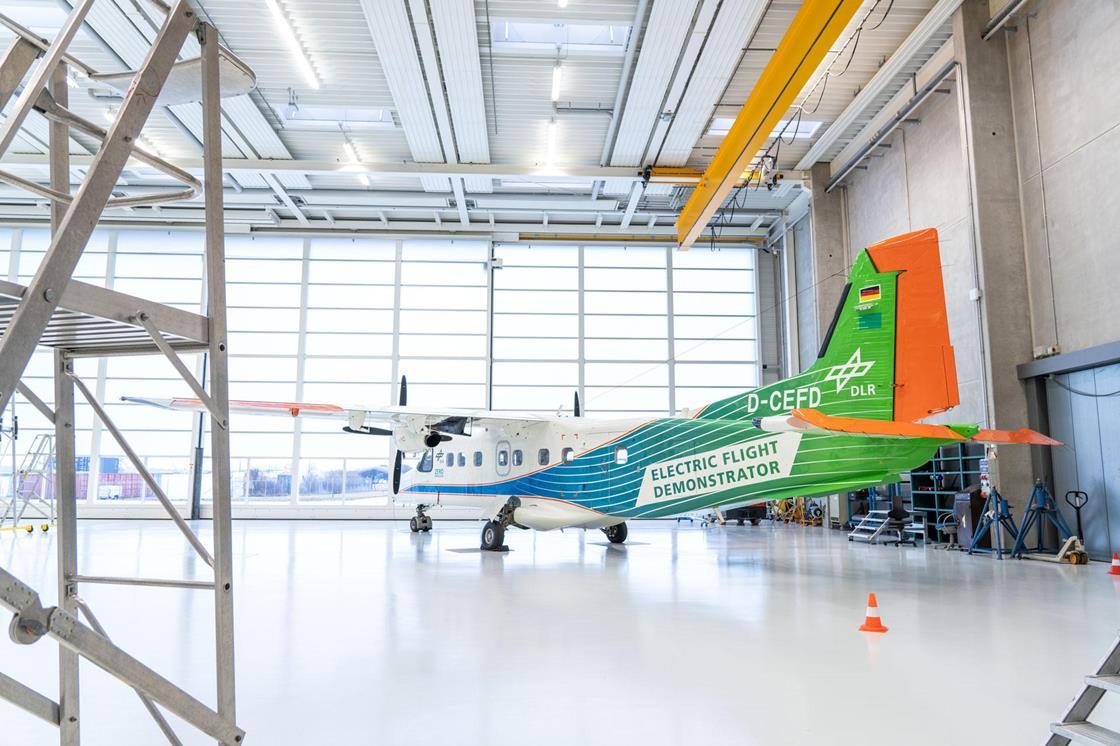Germany's MTU Aero Engines Advances Liquid Hydrogen Fuel System for Flying Fuel Cell
Key Ideas
- MTU Aero Engines successfully tested a liquid hydrogen fuel system for the Flying Fuel Cell, ensuring safe and reliable performance.
- The system, developed in collaboration with MT Aerospace, includes tanks, sensors, heat exchangers, valves, and safety systems for optimized space utilisation.
- Future plans involve testing a full-system Flying Fuel Cell in 2026 and conducting flight tests aboard a modified Dornier Do 228 with a 600kW fuel cell powertrain.
- The initiative aims to contribute to the decarbonisation of the aerospace industry and support zero-emission flight initiatives.
Germany's MTU Aero Engines has completed testing of a liquid hydrogen fuel system developed for the Flying Fuel Cell (FFC) at its Munich facility. These tests validated the system's performance, ensuring safety, reliability, and regulated hydrogen supply to the fuel cell. The system, including tanks, sensors, and controls, was developed in collaboration with MT Aerospace. Dr Gunther Schullerer of MT Aerospace emphasizes the focus on lightweight engineering and integration concepts following successful functionality confirmation. Future plans include testing a full-system FFC in 2026 and conducting flight tests on a modified Dornier Do 228 aircraft with a 600kW fuel cell powertrain. The initiative supports industry decarbonisation and zero-emission flight efforts.
